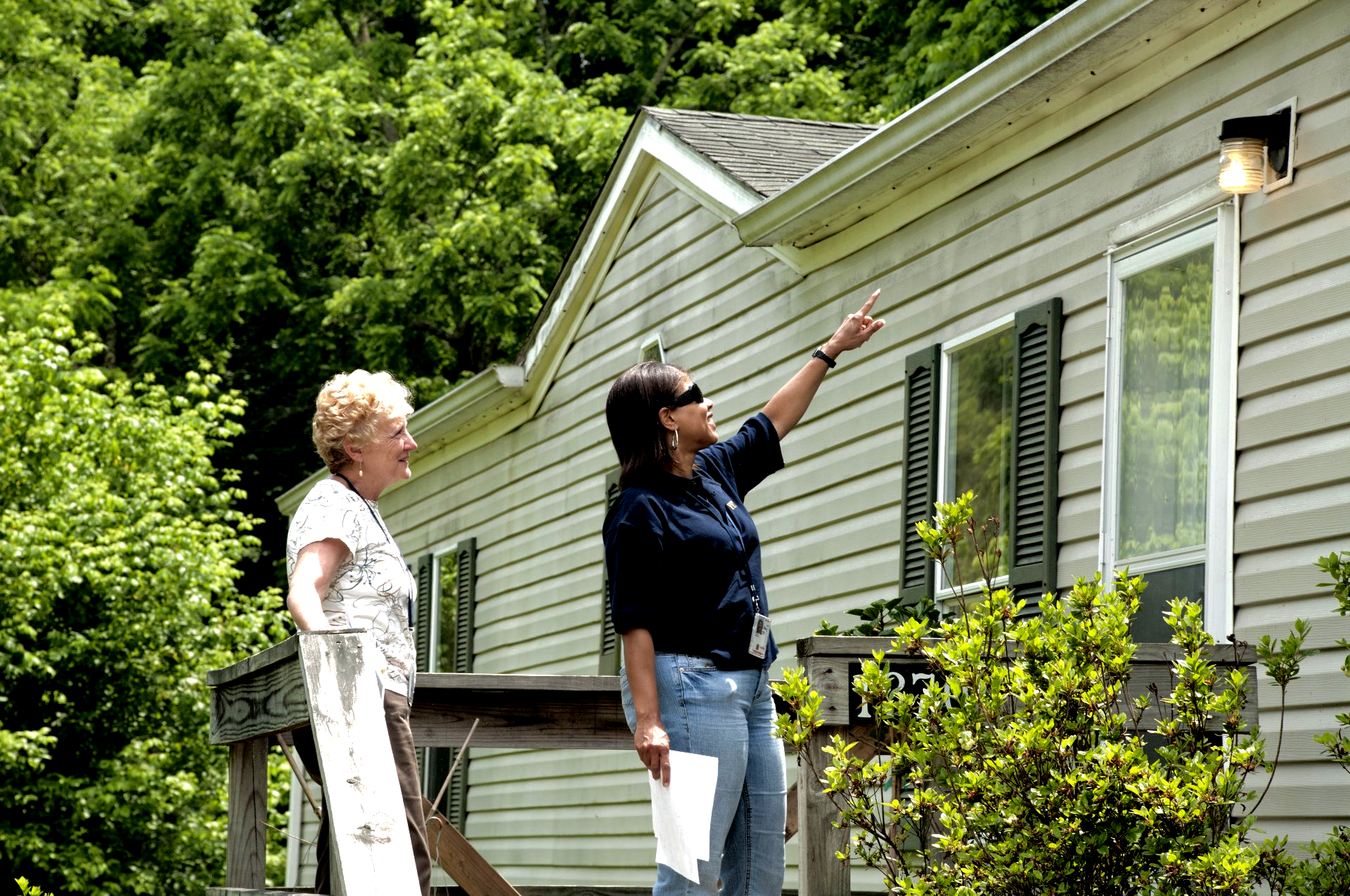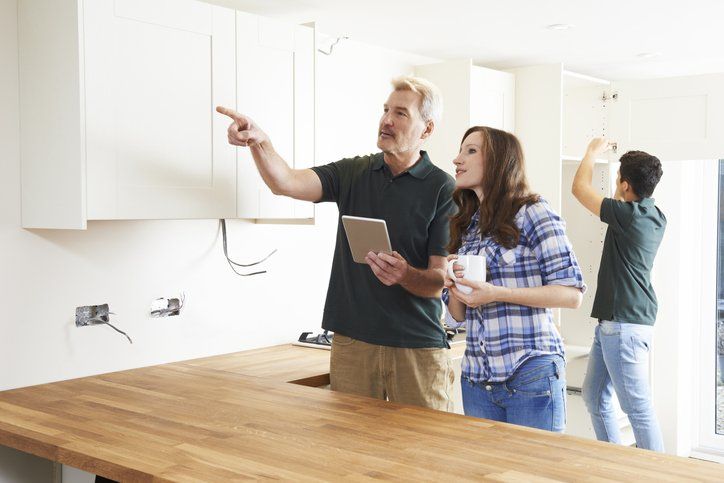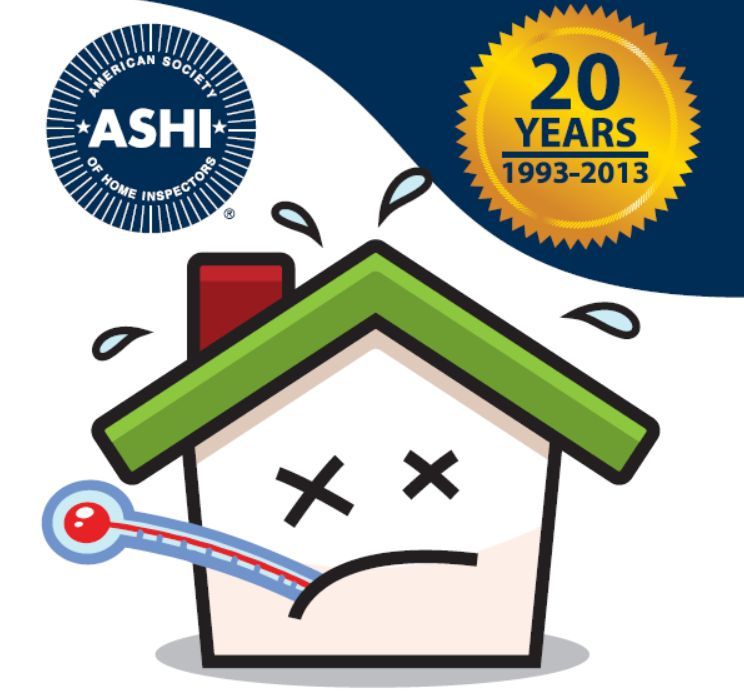The Importance of Home Inspections
November 11, 2019
A house is probably the biggest investment you'll be making in your lifetime, so you want to make sure you are making a sound decision. After months of searching for the right house for you and your family, there's more work to do before everything goes through and the sale closes. One important piece of the home buying process that you should not overlook is the home inspection. During this step, a professional will look at the property and determine the state of the house and help you determine if this house is a good decision or not.
Does the house have leaks? Does it need a lot of repairs? These are aspects the home inspector can point out that will help make you make an informed decision and make or break the sale of a house. A home inspector can help point out the following:
Unseen Problems
When a home inspector comes out to the property, unseen problems can be detected. While the home may look like it's in great shape, the aesthetics can really hide problems. An inspector will take the time to crawl in the attic and crawlspaces of a house to discover any unseen problems that lie in the house that may not be visible to the current owners or the real estate agent.
Structural Problems
Foundation and other structural elements of the house will be inspected during a home/property inspection. If the house is not structurally sound, an inspector will tell potential buyers, so they are not stuck with a house that is going to cost them a lot of money in repairs.
Leaks
Water can do a lot of damage to a house and cause a lot of issues and repairs that could have been prevented. An inspector will take their time to look at the roof, determine its age, and check to see if it’s in good shape. Any issues or potential issues will be reported to the buyer.
Safety Concerns
When you are looking for new houses, you want to make sure the house is going to be a safe property for you and your family to live in. Electrical issues are a big concern for inspectors as you don't want to live in a house that has an unsafe electrical system. During an inspection, an inspector will look at the electrical panel and other areas to ensure there are no issues or potential hazards.
Call Us!
When buying a new house, you don't exactly know what you are getting into until you're moved in. With the help from Accurate Inspections, serving the Union City, San Jose, and Hayward, CA areas, we give you the peace of mind you are looking for when it comes to making such a large purchase. Nobody wants to move into a new home and discover major surprises and repairs.
By completing a home inspection, you may be able to use it as negotiation leverage by asking the seller to fix the problems or have them renegotiate the asking price. Contact
us today for more information or to set up your next property inspection.

As home inspectors, we look at hundreds of houses each year and have found many different defects. Knowing what to look for can help you when you are getting your home inspected, or what to look for when searching for a home! Here are 10 of the most common issues we find when inspecting homes around Union City, San Jose & Hayward, CA. Roofing Issues – This includes improperly installed roofs, aged surfaces, missing flashing, brittle shingles, etc. Repairs may be simple, or the entire roof may need to be replaced HVAC Problems – Including improper installation, inadequate maintenance, duct-work issues, cracked heat exchangers, missing parts, and aged components. Faulty Wiring - Worn or outdated systems are the most common defects, especially in homes that are older. Electrical system problems are safety-related and require immediate attention. This can include open junction boxes, amperage mismatches, and no wire nuts on wires. Plumbing Problems - The most common defects are leaking, inadequate water pressure, and slow drainage. Repairs can often be made, but on occasion, total system replacement is the only solution. Poor Drainage & Grading - Water should drain away from the house to prevent water damage. Signs of poor drainage can include spongy soil around the foundation and leaks in the basement. Roof gutters and downspouts can be added to remedy site drainage problems. Minor Structural Issues – Issues can include broken trusses in the attic, cracks in the foundation, and structural components missing. Usually, repairs are needed, however, these are not an imminent safety hazard. Window Problems – Windows that have cracks, peeling seals or are separating from the exterior walls may allow water into the wall cavities, which is conducive to mold growth. Inadequate Attic Insulation/Ventilation - Poor insulation and poor ventilation cause excessive utility costs and lack of occupant comfort. You may notice extreme heat in your attic or signs of vapor condensation. Poor Maintenance – A home that has not been regularly maintained and cared for can pose many potential problems. Bringing a home like this back into good condition can cost a pretty penny. Environmental Problems – These are issues that impact the health of you and your family. This includes mold, lead, dust, and radon. We have been doing home inspections since 1993! If you are looking to buy or sell a home and are interested in a home inspection, get in touch with us today.

The home-buying process is long and stressful. People often spend months searching for the perfect home before making an offer – and having it accepted. A vital part of the home-buying process is a home inspection, where a professional makes sure everything in the house is functioning properly and identifies needed repairs. When it comes to paying for the home inspection, the buyer is responsible, but they can always waive the option of a home inspection – but that is not a good idea. Continue reading to learn why you should always do a home inspection.



